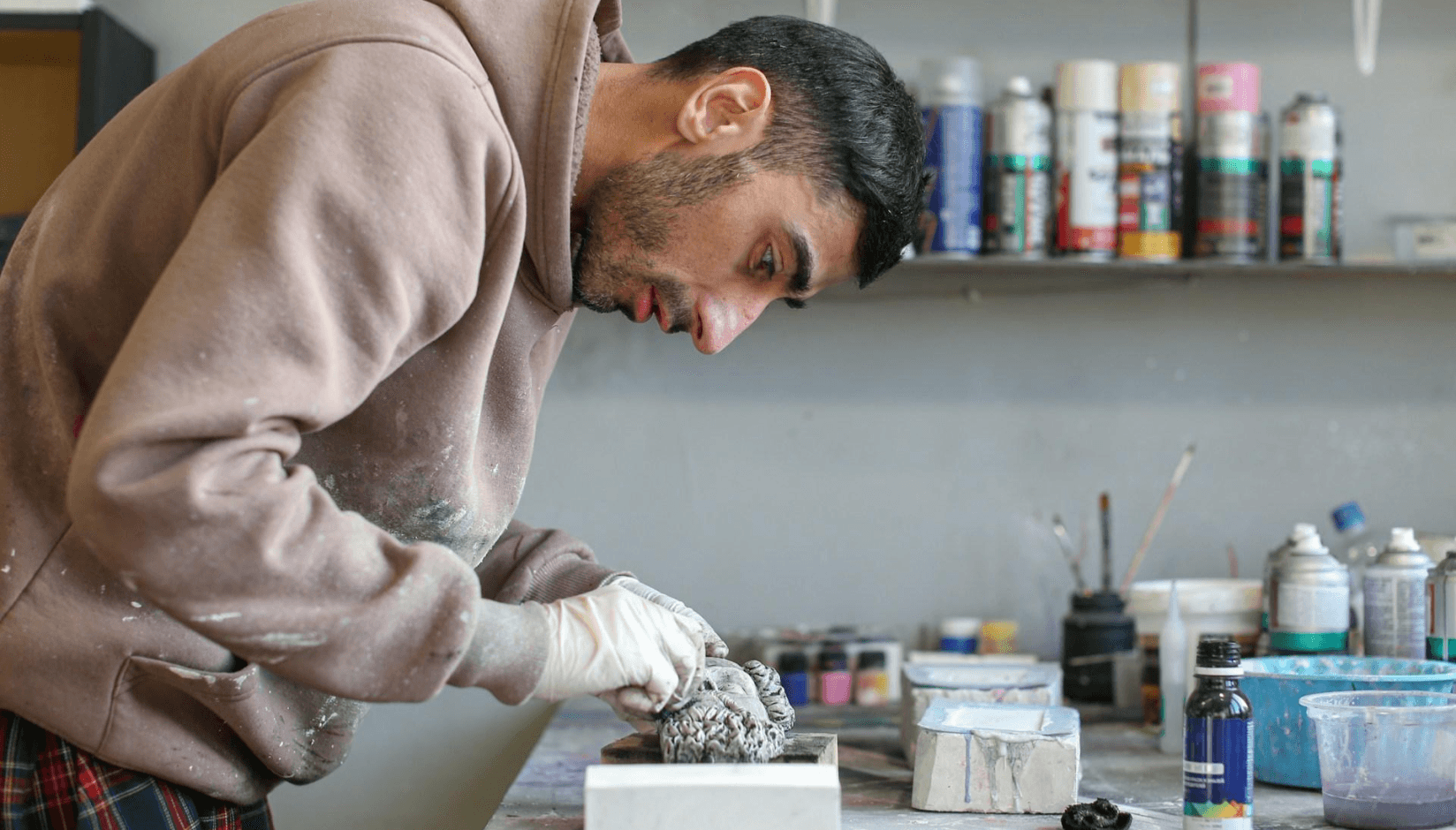- Features
- Solutions
- Pricing
- Resources
- Contact
- Book a demo
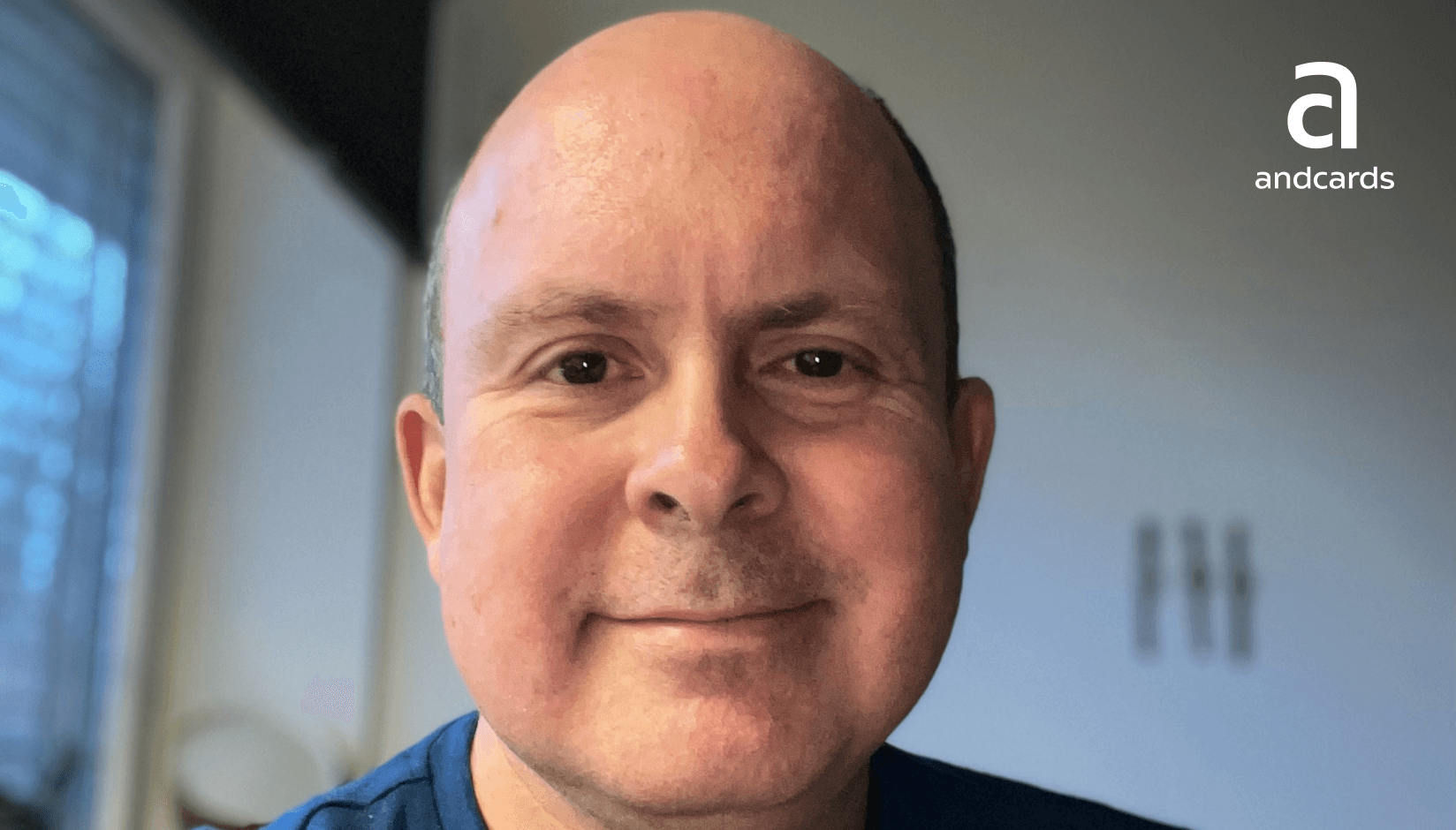
Table of Contents
- 1. Why did you leave your partnership with Microsoft for something new?
- 2. What is so appealing to you in coworking?
- 3. How can you describe the coworking space market in Slovenia?
- 4. What challenges did you face when starting Aurora Coworking in 2015?
- 5. Is the Aurora Coworking Network a separate project or part of the same enterprise?
- 6. What can you suggest to coworking operators in small cities?
- 7. Can you briefly explain the European Rural Coworking Project and its objectives?
- 8. What is the future of the rural coworking trend?
- 9. Tell us about Lincoln Island and its connection to coworking and entrepreneurial adventures.
Recently, I had the opportunity to speak to an incredible person, Jose Antonio Morales, the founder of Aurora Coworking and a series of events called Fear & Fail, all part of the Lincoln Island Initiatives, a mentor for social enterprises, coach, public speaker and international trainer.
Jose shared his inspiring story with us and gave some great advice for small coworking space owners and anyone considering opening their own space. So if you're curious about what it takes to be a success in a town of less than 50K inhabitants, keep reading!
1. Why did you leave your partnership with Microsoft for something new?
I started my career in technology three decades ago in Lima, Peru. There I partnered with Microsoft and supported them in developing marketing campaigns and training their corporate customers. In the year 2002, I moved to Slovenia. Soon after, I continued cooperation with Microsoft and focused on developing training programs and software solutions for schools. I also prepared training programs and marketing campaigns for Microsoft Small Business partners. In both countries, I enjoyed myself tremendously and succeeded in many ways.
After the financial crisis, I started to feel like I needed a change. At that moment, I received the opportunity to move with my family to New York to work as Chief Innovation Officer for a Management Consulting firm. I accepted, moved, and decided to return to Slovenia two years later, having the clear vision to start a business outside of the scope of software and information technologies.
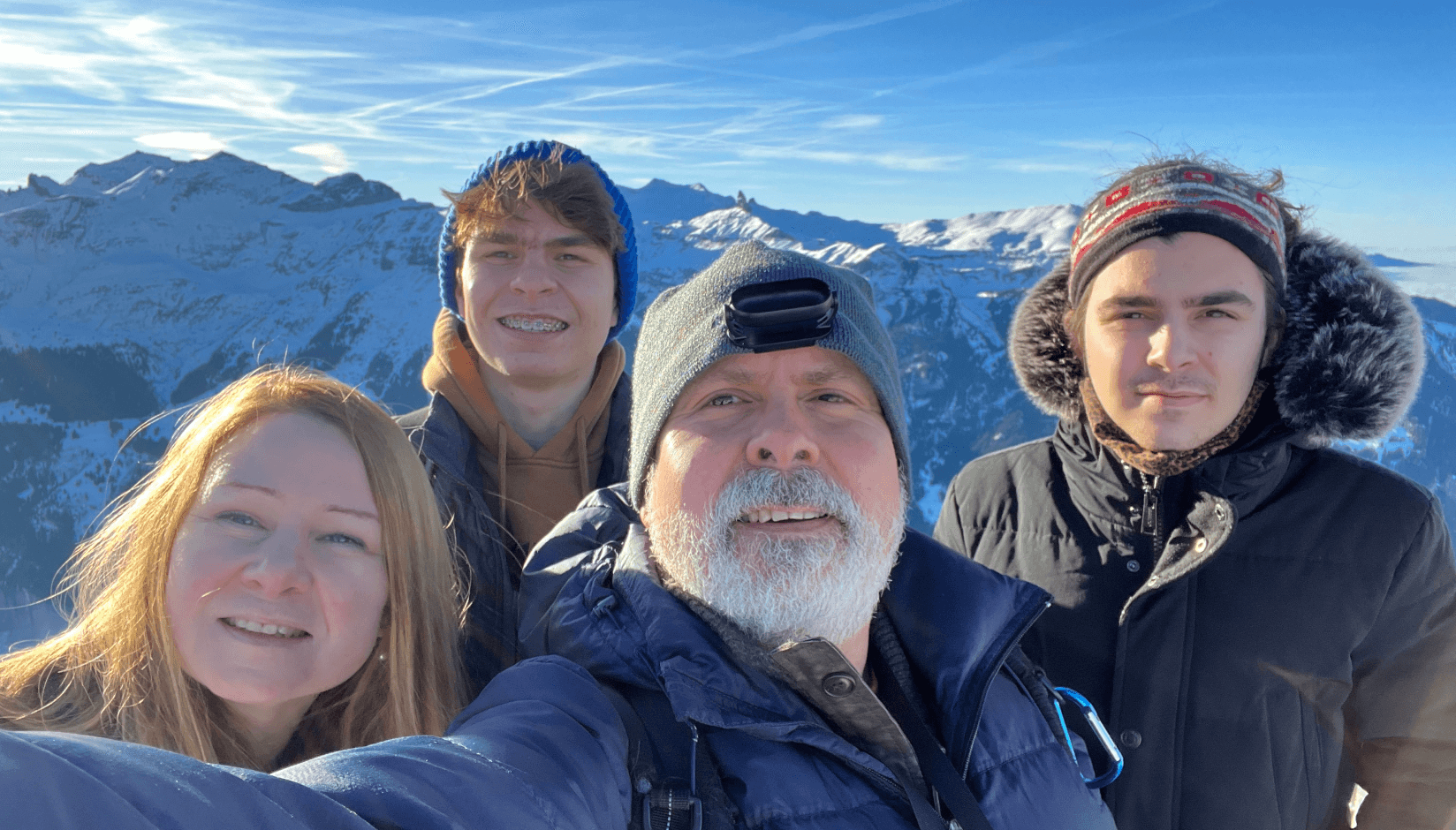
Jose with his family, Tatjana, Andre and Marko
That’s where I found Coworking, social Impact entrepreneurship, and an extraordinary chapter in my life; I organized a set of events and meetups where we explored stories about fear and failure in the context of entrepreneurship.
2. What is so appealing to you in coworking?
Coworking is something I experienced for the first time in Vienna in the year 2013. Since the first time visiting a Coworking space, I dreamt of opening my own, and that is something that materialized two years later.
I love to see people interacting, supporting each other, and generating opportunities. Coworking spaces often generate the conditions for that interaction to emerge naturally.
Entrepreneurs often feel misunderstood and somehow lonely. Coworking spaces are ideal for entrepreneurs to relate with other individuals that can understand them.
3. How can you describe the coworking space market in Slovenia?
The Slovenian market in terms of Coworking is at an early stage. Although we had many Coworking spaces, most of them, unfortunately, closed their doors after a few years.
Intending to support the local ecosystem, and together with a team of Coworking enthusiasts, we started Aurora Coworking Network, a cooperative of Coworking spaces designed to support Rural Coworking, new initiatives, and also to help local governments and municipalities interested in funding Coworking spaces in their regions.
At this moment I’m aware of less than twenty Coworking spaces operating in Slovenia.
4. What challenges did you face when starting Aurora Coworking in 2015?
It took me years to understand that the model that works in big cities doesn't work in small cities or towns.
Initially, I assumed that the space, the infrastructure, and a comprehensive business model would be enough to capture the attention of the local entrepreneurs. The truth is that I didn't consider the local culture in the mix, and I had no idea how that could affect the success of my Coworking space.
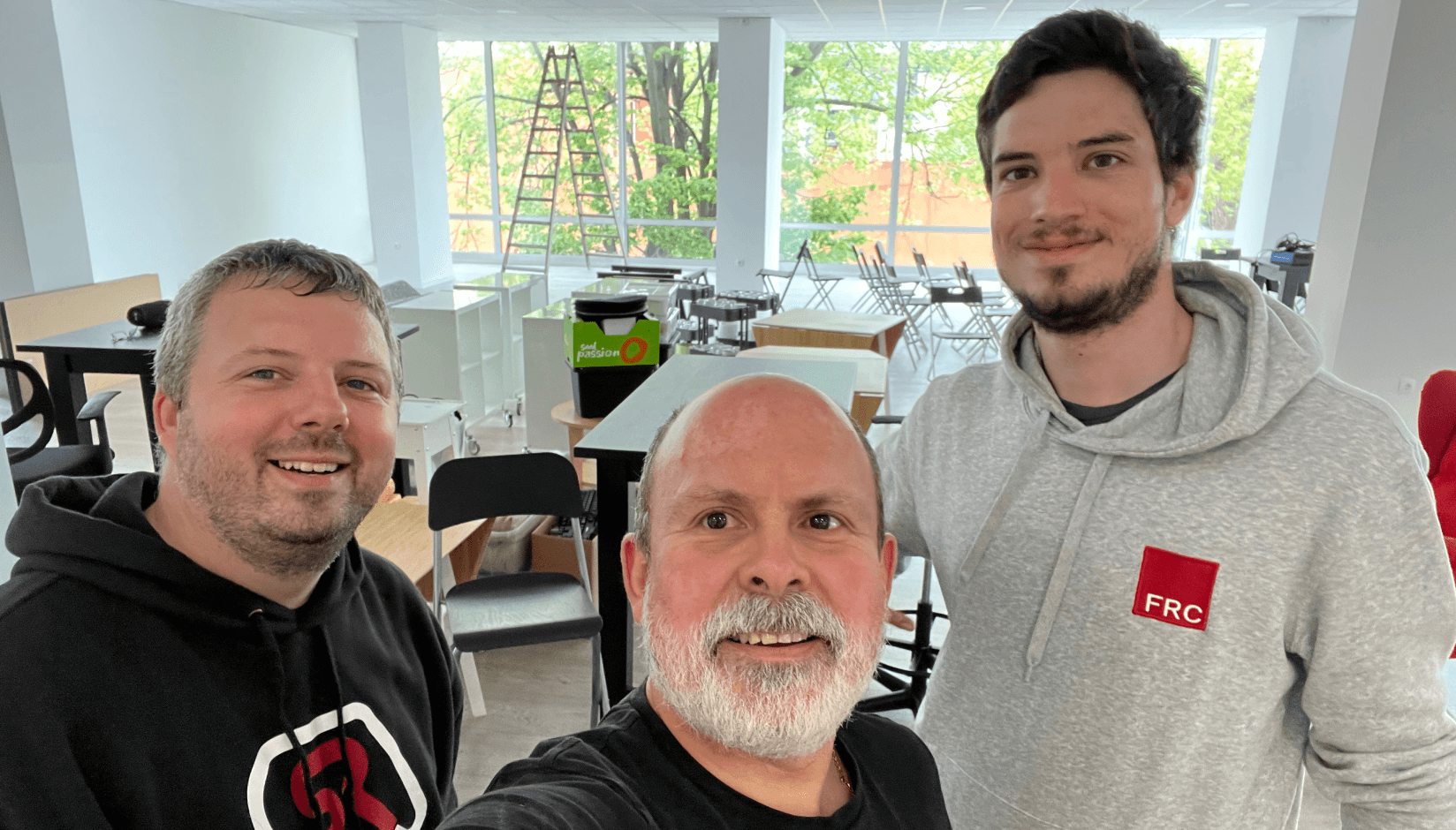
Tomaz, Jose and Jakob moving to their new space for Aurora Coworking
I learned that our local entrepreneurs have a home office implemented; they do not care much about local networking or training programs. They solve those needs with international conferences and online training programs.
Initially, I encountered the problem of lack of ownership among the members. They used the space but expected someone else would have to take care of keeping it clean and organized. Solving that problem changed the Coworking space and transformed it into a successful initiative.
5. Is the Aurora Coworking Network a separate project or part of the same enterprise?
Aurora Coworking Network (ACN) was born to connect existing Coworking spaces in Slovenia and support the creation of new ones. We want to decrease the mortality rate of Coworking spaces in the country, help the operators to find cooperation, and connect with international networks.
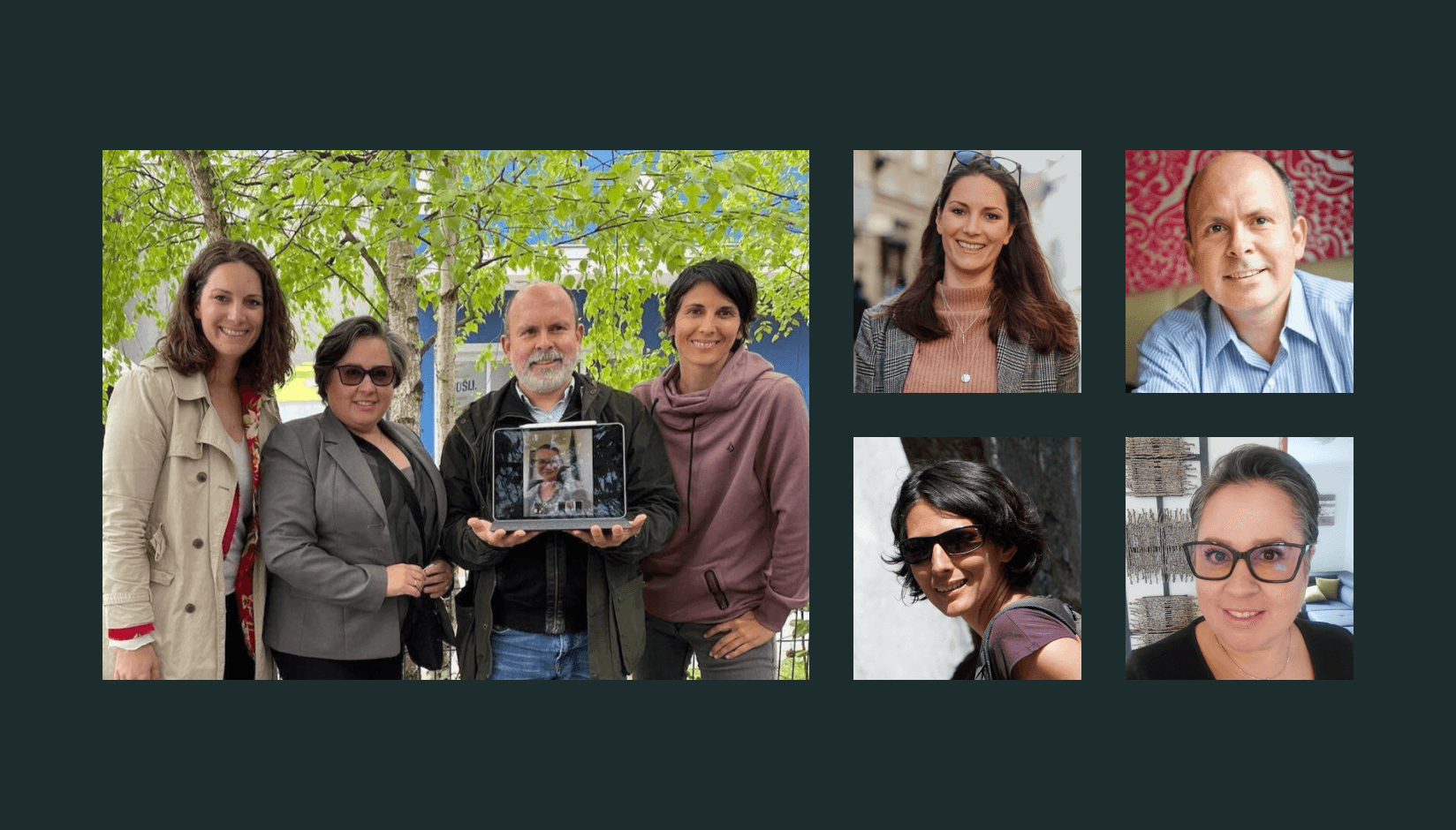
Jose with Manca, Patricia, and Teja, team members for ACN.coop
ACN is an initiative that came after Aurora Coworking, and it was the answer to one question: How do we make small coworking spaces more resilient and influential?
ACN is a cooperative, and Aurora Coworking is a social business; they are different entities.
6. What can you suggest to coworking operators in small cities?
Okay, here is my list of recommendations:
- Define if your Coworking space will be a nonprofit organization. Small cities offer a small number of members; therefore, the venture's viability depends on optimizing expenses.
- Learn about different types of Coworking spaces before you start. For example, if you will fund the initiative using some grant or project that covers your Coworking space for a specific time, you could use a Popup Coworking model.
- Understand the local ecosystem: Local government, regional development agencies, technology parks, business incubators, professional associations, etc. Try to learn if they are open to new players, if they are reactive to change, or if they are sincerely open to cooperation. That will help you build an effective partnership strategy.
- Connect with local and international networks.
- Do not focus first on money; focus first on helping people connect.
- Create a culture that empowers your members to be responsible for the space and the community.
Generate recurring revenue and offer exceptional customer experience at your shared or coworking space
7. Can you briefly explain the European Rural Coworking Project and its objectives?
More than 80% of the European continent can be considered rural. According to Ursula von der Leyen, President of the European Commission, "Rural areas are the fabric of our society and the heartbeat of our economy. They are a core part of our identity and our economic potential."
The European Rural Coworking Project (ERCP) is an initiative designed to initially identify, map, and connect existing Rural Coworking spaces in Europe.
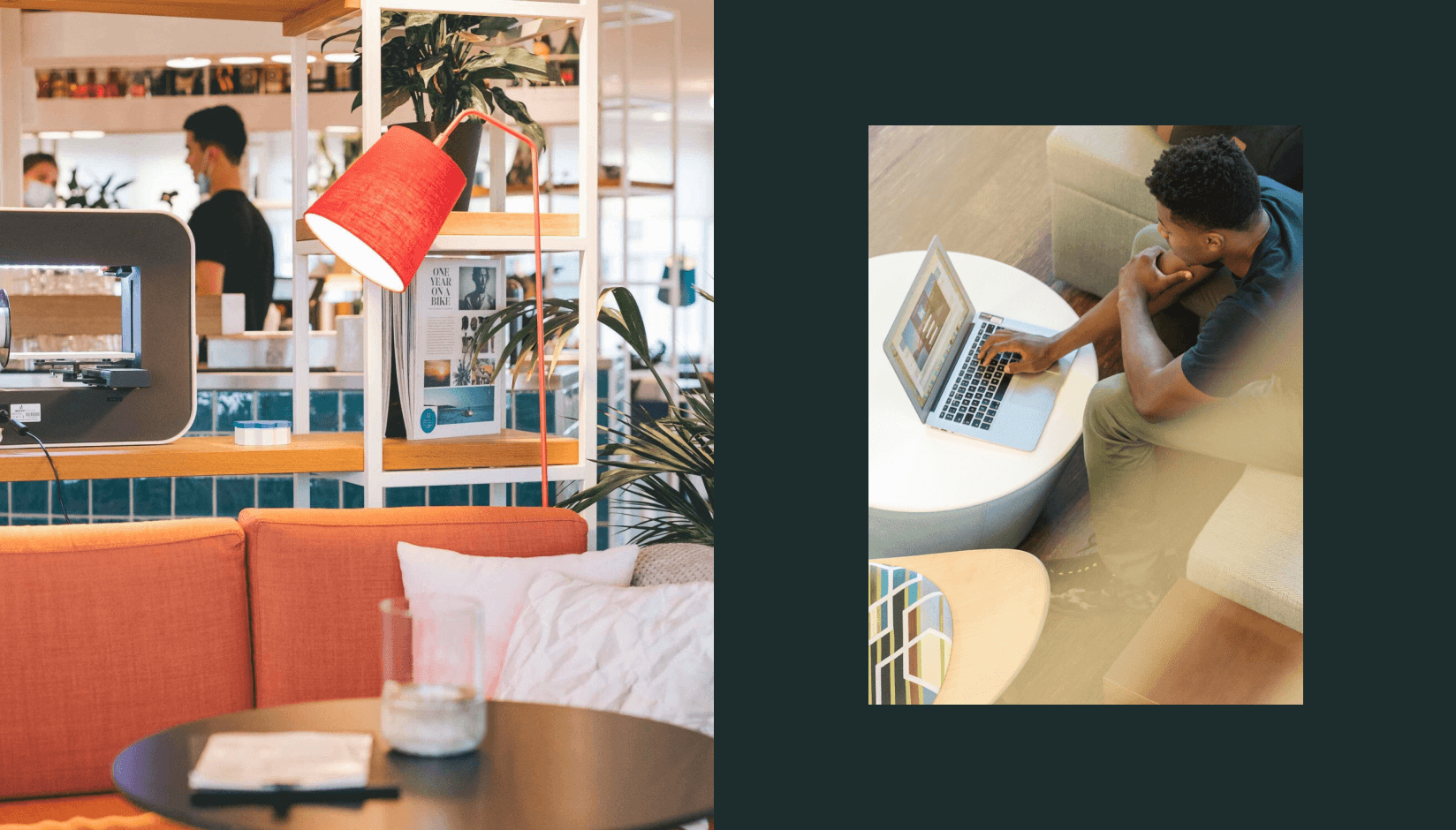
We do that because establishing small Coworking spaces is challenging and very different from setting such spaces in big cities. For small Coworking spaces to succeed, we need more visibility, more options to cooperate, and more funding sources. The ERCP wants to facilitate those conditions.
Any Coworking space operating in a city, town, or suburban area with less than 50K inhabitants can register for free by visiting www.ruralcoworking.org. At this moment, the initiative is driven by volunteers, but we expect to find sponsors and new business models later on.
8. What is the future of the rural coworking trend?
I see more and more people getting tired of working in their home office and looking for small and cozy Coworking spaces. Predicting is tough, especially in these times, but I think that I can present a vision:
I see more and more Coworking spaces mushrooming all across Europe, dedicated to becoming embassies of entrepreneurship for their local communities. Coworking spaces are interconnected and interdependent to generate synergies efficiently and to be incubators of environmental sustainability, innovation, and community building.
I also see that the ecosystem will embrace Open Source software to manage their spaces, interconnect, and generate new revenue and funding sources.
Just imagine how easy it would be to travel all across Europe once the Coworking spaces can be easily found, contacted, and when they are ready to connect their local ecosystem to foreign visitors. I need a van!
9. Tell us about Lincoln Island and its connection to coworking and entrepreneurial adventures.
Did you read The Mysterious Island?
It is one of the great books written by Jules Verne. In the Spanish translation, the author refers to the characters in the book as entrepreneurs. These individuals respond to the circumstances with a spirit of resilience, often overcoming personal limitations through cooperation. I love the connection between entrepreneurship and adventure.
At the end of the book, the name of the mysterious island is revealed: Lincoln Island. That's the reason why I chose that name. I always remember that entrepreneurship is more about the adventure, the connection, and interaction with others rather than the money and the pursuit of an ideal future. Entrepreneurship thrives in the circumstances presented today.
At first, I wanted LI to offer networking expeditions for entrepreneurs, kind of designed retreats. But it didn't work. Then LI transformed into Lincoln Island Initiatives because I was running multiple initiatives simultaneously, all of them connected with supporting entrepreneurship.
Without knowing for the past years, LI has been building a framework for entrepreneurship. I still can't find its final shape, but I intuit that I'm getting closer.
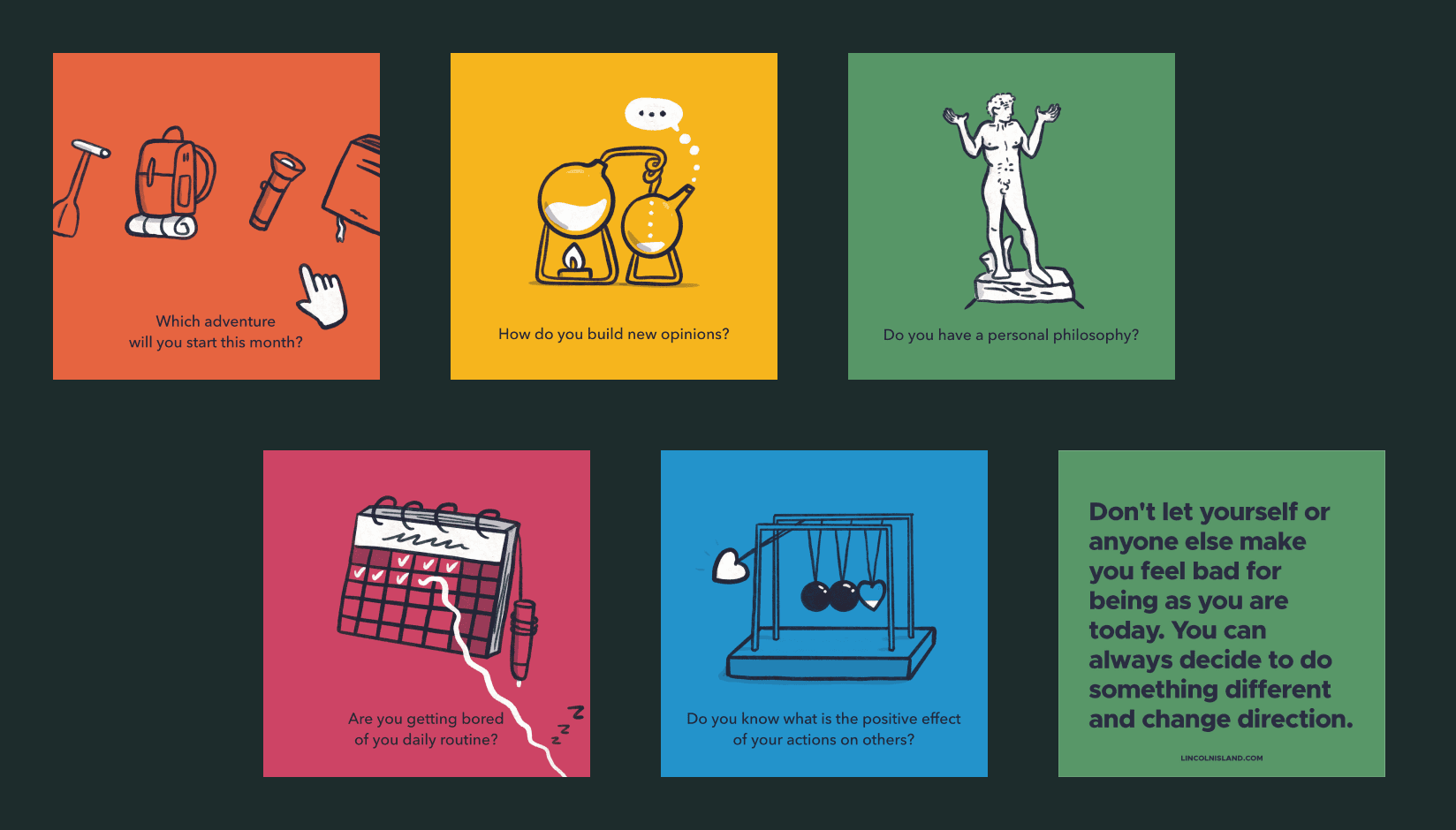
Coworking is one of the fundamentals of LI; it represents Community; the others are:
- Purpose.
- Legacy.
- Personal Development.
- Adventure.
For the past few months, I have been writing and delivering a monthly newsletter with content related to entrepreneurship and the fundamentals presented before. Sometimes I also include interviews, tools, and opinion articles. Everyone is welcome to join: www.lincolnisland.com.
Coworking spaces are thriving in big cities. However, this business model doesn’t seem to be translating as well to small towns. Anyway, the coworking trend takes off in rural areas but requires a different strategy. The long-term strategies featured in our interview with Jose Antonio Morales should give you some ideas about how you can create a culture and community that resonates with your target audience. Don’t forget to reach out to him on LinkedIn if you have any questions! And be sure to share the interview on social media so that other entrepreneurs can learn from his insights.



